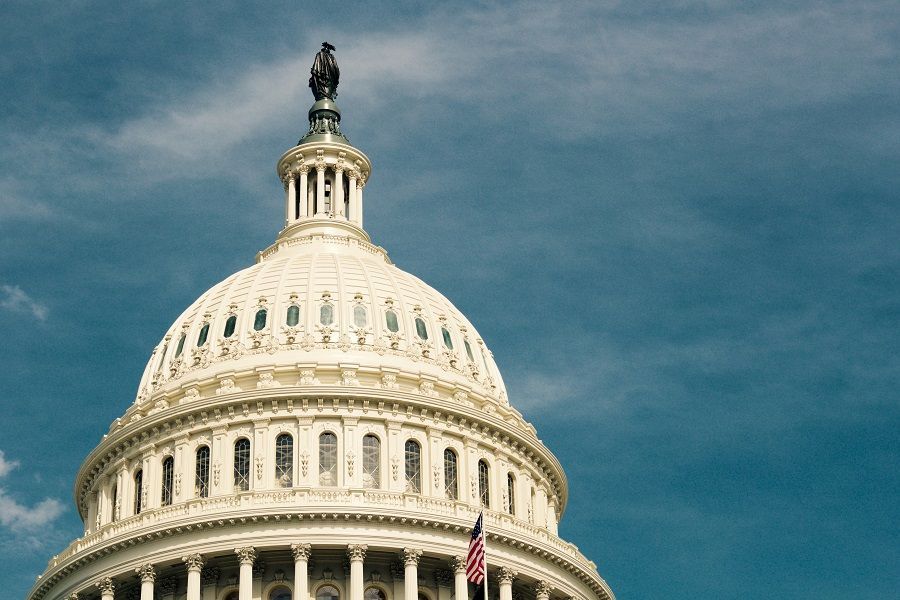Newsletter October 2023

DO I NEED TO CHANGE MY WORK RULES?
Employer Rules after Stericycle
If you have not heard, employers probably need to review their rules and policies because of an August
2 decision of the National Labor Relations Board, “NLRB.” Recall that the NLRB enforces the National
Labor Relations Act, which applies to almost all private (non-government) employers, whether or not
their workplace has been organized by a union.
The case that was decided involved a company, Stericycle, which maintained certain work rules
regarding:
Personal phone use;
Taking pictures or recordings at the workplace;
Prohibiting conduct which could harm the reputation of the employer;
Conflicts of interest; and
Confidentiality requirements in retaliation cases.
The NLRB used this case to overturn the prior standards that were in place for determining the legality
of employer work rules. The new test it announced is that if an employee could reasonably interpret an
employer rule to restrict or prohibit Section 7 activity the rule is presumptively unlawful. The NLRB went
on in whimsical fashion to state that was the case even if a rule could be reasonably interpreted not to
restrict Section 7 rights, and even if the employer did not intend for its rule to restrict Section 7 rights.
An employer supposedly can rebut this presumption by proving that the challenged rule advances a
legitimate and substantial business interest and that the employer is unable to advance the interest with
a more narrowly tailored rule. Good luck with that!
So, what does this mean for employers? It means that if the NLRB somehow gets an employer’s rule in
front of it that it does not like, the employer will lose and be found to have committed an Unfair Labor
Practice. This is so whether or not the rule has ever been enforced. Mere maintenance of the rule is
enough.
While it is impossible to imagine all of the types of rules that the NLRB might find objectionable, the
following broad categories are most likely included:
Any rule involving restrictions on an employee’s use of their personal cell phone.
Any rule banning employees from taking pictures, or making recordings.
Any rule prohibiting an employee from making adverse statements about a supervisor or the
company.
Restrictions on what an employee may post on social media.
Rules requiring confidentiality.
Rules regulating conduct towards other employees.
Rules restricting the use of company logos, copyrights, or trademarks.
Rules relating to restrictions on leaving work.
Conflict of interest rules.
For an employer with a workforce that is already represented by a union, the finding of merely
maintaining an unlawful rule might not result in anything more than having to cease maintaining the
rule and posting a Notice. However, for an employer with a workforce that is going through a union
organizing campaign, it is possible that the finding that a rule is an unfair labor practice could, at least in
theory, potentially overturn the results of a union election won by the employer, and lead to an NLRB
order to recognize the union as the bargaining representative in spite of the election results.
Accordingly, employers (especially with an unorganized workforce) should review their work rules and
ask if each rule is necessary, and whether the rule could be written more narrowly.
This ridiculous new standard is the result of the current presidential administration. It is similar to the
attack on employer rules that occurred under the Obama administration, but frankly, this new standard
is even more employer adverse. There will be legal challenges, but they will take years, so we are stuck
with this for the foreseeable future.
Recent Posts








